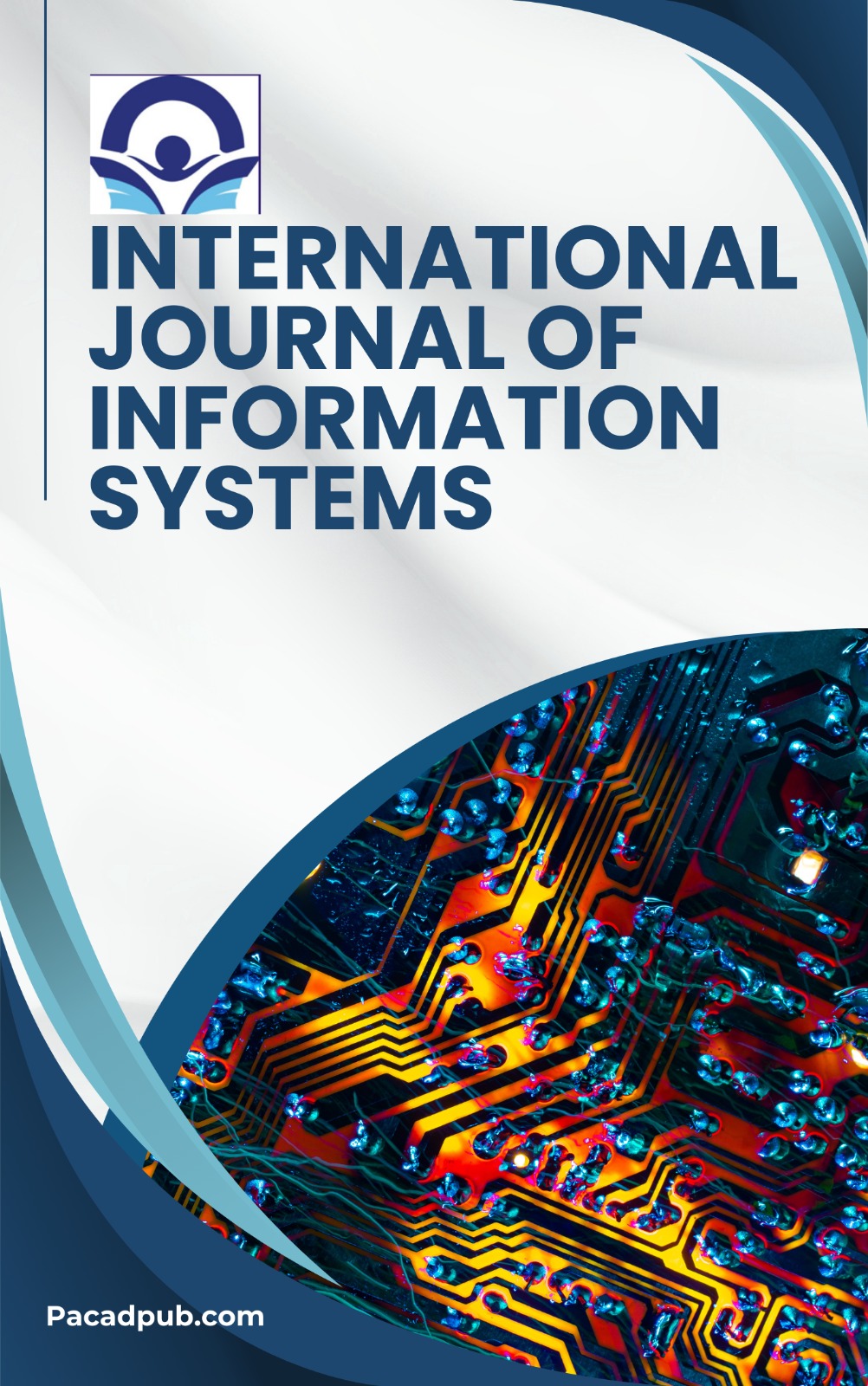FACTORS NECESSARY FOR THE DEVELOPMENT OF AN INTEGRATED TECHNOLOGICAL FRAMEWORK FOR AGENCIES SUPPORTING DIFFERERENTLY ABLE CITIZENS IN DEVELOPING COUNTRIES
DOI:
https://doi.org/10.65186/ijis.2025.5Keywords:
Keywords: assistive technology, developing countries, inter agency collaboration, disability framework, technological integrationAbstract
The integration of technological frameworks to support differently abled citizens in developing countries remains a critical challenge, with approximately 80% of the world's one billion people with disabilities residing in these regions. Despite the widespread adoption of the UN Convention on the Rights of Persons with Disabilities (CRPD), significant barriers persist in implementing effective inter agency technological solutions. This systematic literature review examines the factors necessary for developing integrated technological frameworks that enhance operations between agencies supporting differently abled citizens in developing countries. A comprehensive systematic review was conducted using multiple databases (Web of Science, Scopus, ERIC, PubMed, and Google Scholar) covering literature from 2009 2025. Search terms included "assistive technology," "integrated framework," "inter agency collaboration," "disability services," and "developing countries." Studies were screened using PRISMA guidelines, with 52 articles meeting the inclusion criteria. Key factors identified include: (1) policy and legislative frameworks incorporating ICT accessibility definitions, (2) inter agency coordination mechanisms and standardised protocols, (3) affordable and accessible assistive technologies, (4) capacity building and professional training programs, (5) sustainable funding models, and (6) community based participatory approaches. Major barriers include cost constraints (identified in 78% of studies), lack of trained personnel (65%), policy implementation gaps (58%), and limited infrastructure (52%). Successful implementation requires a multi stakeholder approach integrating government leadership, private sector innovation, civil society engagement, and international cooperation. The WHO GATE 5P framework (People, Policy, Products, Provision, Personnel) emerges as a viable model for developing countries.

Downloads
Published
Issue
Section
License

This work is licensed under a Creative Commons Attribution-NonCommercial-ShareAlike 4.0 International License.

